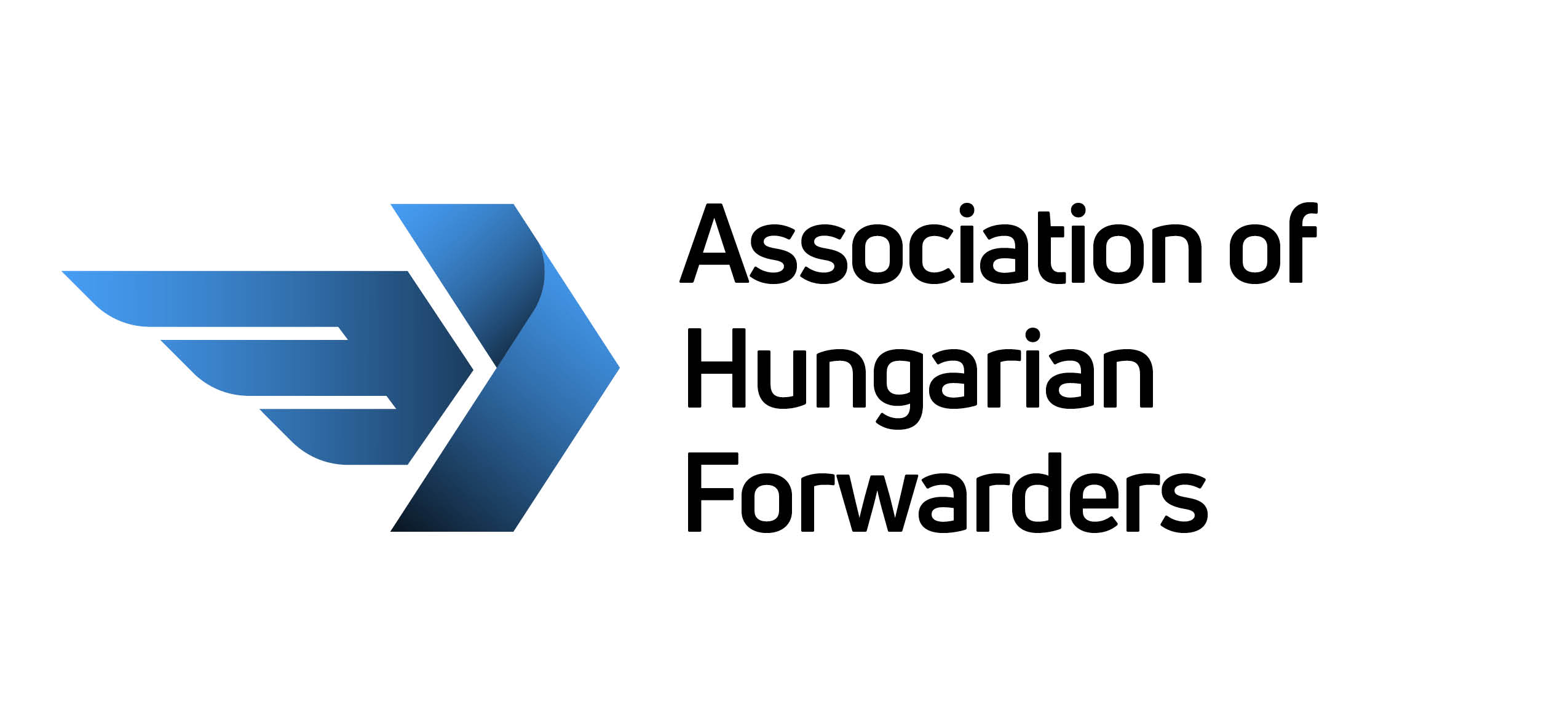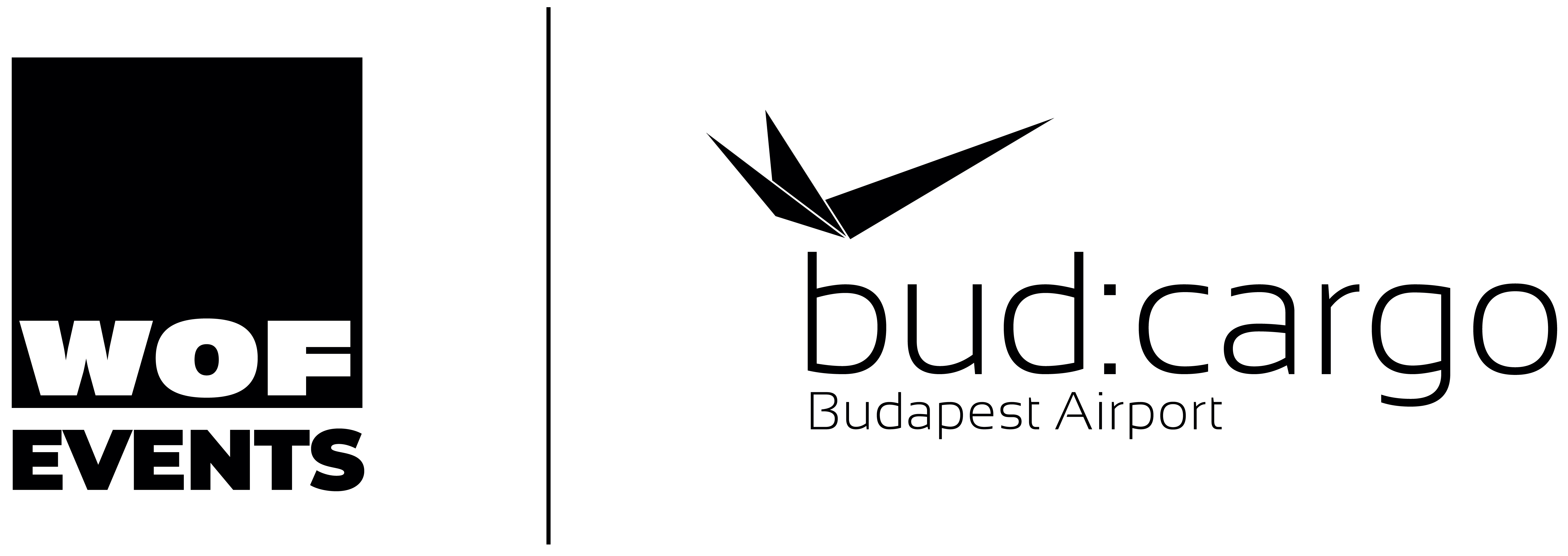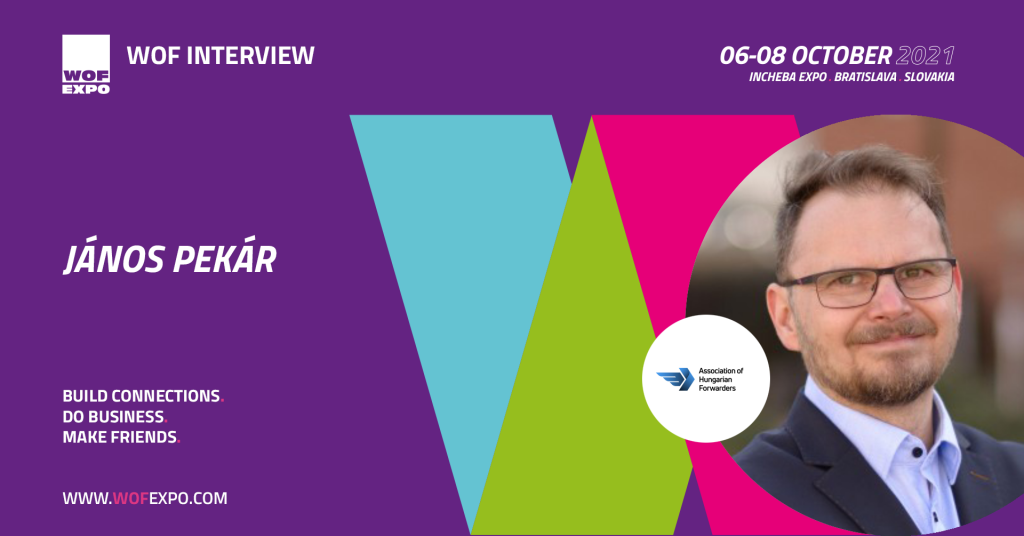Interview with JÁNOS PEKÁR
| Mr. János Pekár is the Secretary General at MSZSZ – Magyar Szállítmányozók Szövetsége (Association of Hungarian Forwarders) & National Head of Procurement at Kühne + Nagel Kft. Mr. Pekar started his career at Waberer’s legal predecessor, as a freight forwarder, and then managed the English region of Hungarocamion (later Waberer’s International). Later he served as the operational and commercial manager of a fleet of 120 trucks. Afterwards, as the Group’s first Head of Procurement, Mr. Pekar managed strategic areas such as the continuous procurement of 100 million litres of fuel per year and almost 100,000 ferry crossings. Since 2015, he has been the Head of Procurement at Kühne + Nagel. In addition to coordinating indirect procurement, he is responsible for, among other things, the selection of road haulers in the maritime and air freight sectors. |
| 1. What are the main disrupters for Freight Forwarding development? Covid-19 has deeply affected the freight forwarding world. Above all, companies have had to protect their employees’ health, order and implement protective equipment, design the environment for the home office and send as many administrative workers as possible to home office and learn new procedures to comply with the new challenges. Meanwhile, actors have had to meet the customers’ demands and supply the best service level among many lockdowns, restrictions, border crossing difficulties and lack of capacities. Belly cargo almost entirely disappeared from the airfreight market, ships were taken out from sea freight traffic, and 1000s of trailers were temporarily suspended. Nowadays, we are just facing the challenges of Brexit. At this time, no one is aware of all necessary customs procedures, and nobody can predict waiting times at the ports. After we overcome the coronavirus crisis and Brexit, the main disrupter of future transportation seems to be the mobility package, of which the adverse effects will mainly burden the life of Eastern European haulers. 2. Tell us about key areas in Logistics/Supply chain where Freight Forwarding can improve the most and why? Digitalization and automation are still and probably will remain key factors to improving effectiveness for many more decades. Advanced TMS, cargo-booking, -handling, -tracking and tracing systems are spreading fast, robots and AGV’s are no longer unique in logistics centers. Moreover, e-CMR is going to be a milestone for the industry. It will save time, fasten processes, develop security and support environmental protection. 3. What is your opinion about positioning WOF EXPO in the Central and Eastern Europe region? It could be a suitable platform for Central and Eastern European companies to build new partnerships, to understand each other even better, and to start new cooperations based on common targets. |
 | The Association of Hungarian Forwarders (Magyar Szállítmányozók Szövetsége) is an organization that represents the interests of members of the forwarding industry in Hungary, including companies dealing with freight forwarding, logistics, and customs activities.
The Association represents the professional interests of companies registered in Hungary, articulating the consensus of freight forwarders on the operating conditions and directions of development in both forwarding and transportation. The Association of Hungarian Forwarders, as a Hungarian national federation, is a member of FIATA (International Federation of Freight Forwarders Associations), the world association of freight forwarders, a position that represents both an honour and a great responsibility. freightforwarders.hu |

